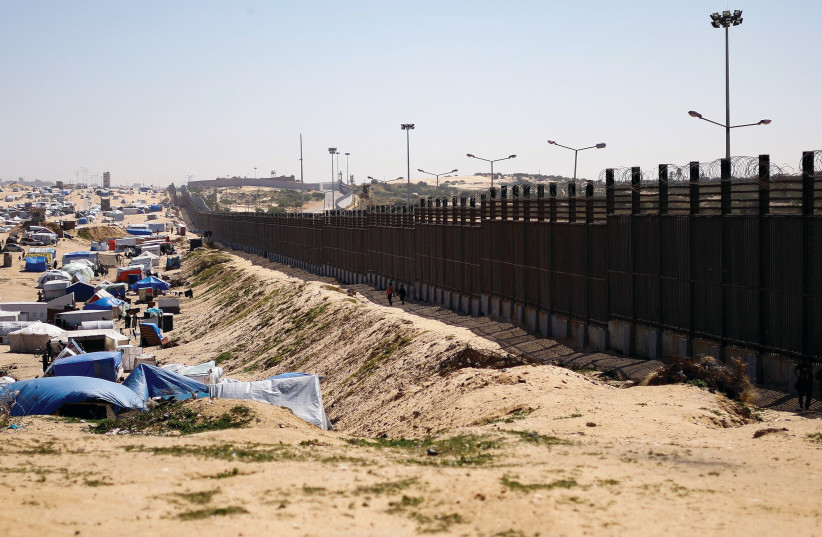American officials have seemingly greenlighted and supported the Israeli assassination campaign in Gaza and abroad, according to a report on NBC on Thursday, citing unnamed American and Israeli officials.
The report cites claims from American Congressional figures that seizures of intelligence were behind the assassination of Hamas number 3, Marwan Issa, last week.
The unnamed officials, both former and current, claimed that the US had stepped up intelligence-gathering operations in Gaza.
Before October 7, America did not prioritize Hamas as an intelligence target; however, following October 7, America began providing signals intelligence by eavesdropping on electronic communications.

Alternatives to an invasion
On Wednesday, an unnamed American official told the Saudi newspaper al-Hadath that the US does not oppose the continued assassination of Hamas leaders "in Rafah or anywhere else" but that they did oppose a major ground invasion of Rafah.
The same officials said that there remained only four Hamas brigades in Rafah and that Prime Minister Benjamin Netanayhu had exaggerated the importance of eliminating them.
However, the officials stressed that they were only presenting Israel with alternative strategies for fighting Hamas in Rafah and were not telling Israel that it could not invade Rafah.
Plans for a joint military operation by the US, Egypt, and Israel to secure the Egyptian side of the Gaza border and then destroy the tunnels underneath were reported in Axios.
American officials pushed for the creation of a completely safe zone where Israeli planes would not fly before Israel could begin major operations.
Israel countered with an offer to return residents to the North of the Gaza Strip within 60 to 90 days, according to Maariv.
Israel is also reportedly reticent to link ceasefire proposals to the release of prisoners and is also unwilling to release "serious" prisoners to the Gaza Strip, instead proposing they be released to an agreed upon Arab state.
